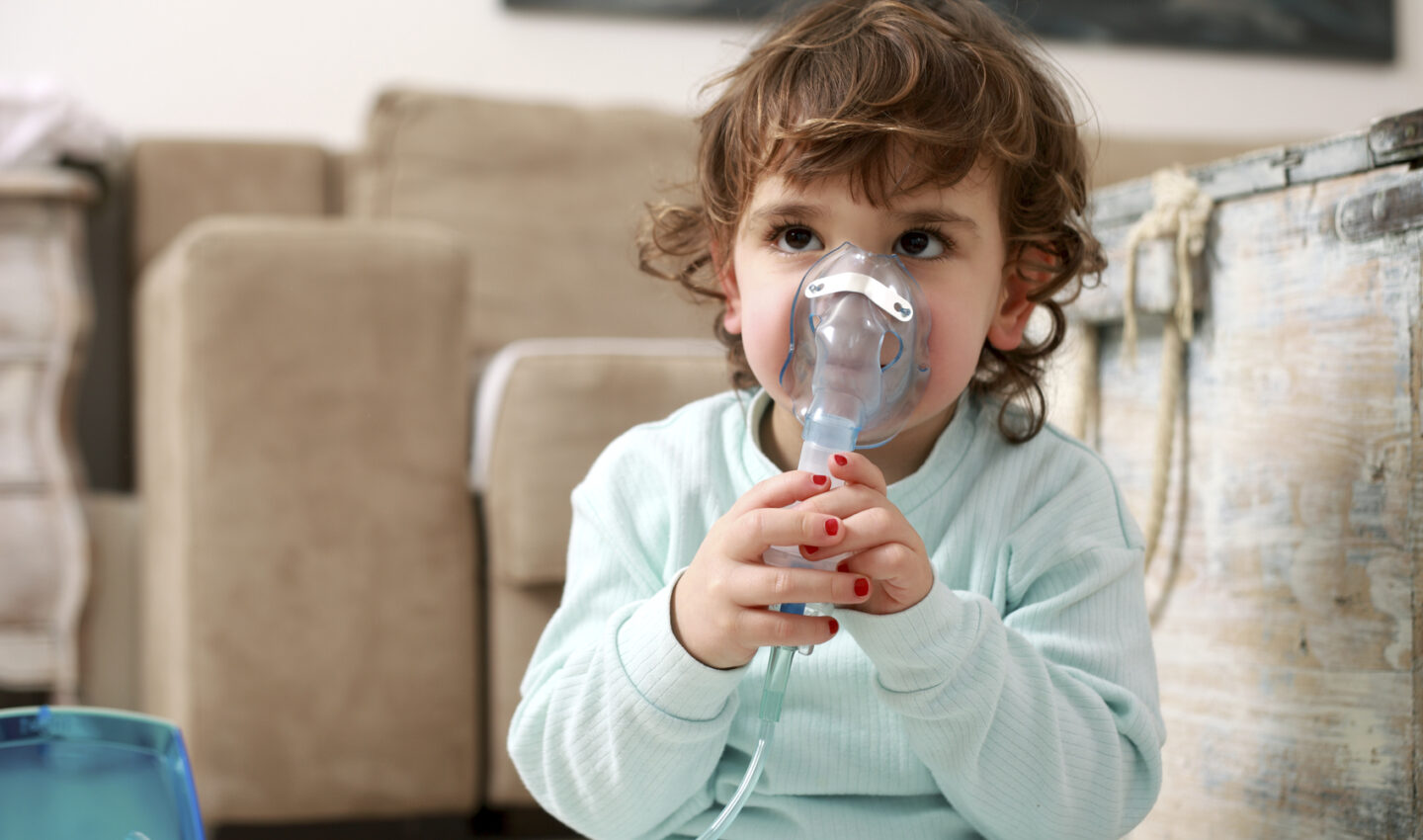UMass Medical School is conducting a cost analysis for the New England Asthma Innovation Collaborative (NEAIC) project launched to improve asthma outcomes and reduce the health care costs of children in four New England states.
Health Resources in Action (HRiA) and its program, the Asthma Regional Council of New England (ARC), were awarded a Health Care Innovation Challenge Award by the Centers for Medicare & Medicaid Services to support NEAIC. UMass is working under a subcontract with HRiA to conduct the cost analysis.
The economic analysis uses claims data for the study participants and a comparison group to look at changes in the children’s emergency visits and asthma-related hospitalizations, health costs and the quality of asthma care before and after intervention with home visits. The analysis also measures the overall return on the investment of the NEAIC asthma initiative and of each of the nine sites participating in the collaborative.
Researchers conducted an initial analysis on Rhode Island and Connecticut in 2015, and are working on the final analysis for the project, which incorporates Rhode Island, Connecticut, Massachusetts and Vermont.
“We believe our full analysis will show the intervention leads to reduced health care costs and emergency room visits,” said Karen Clements, MPH, ScD, principal investigator for the cost analysis project and senior project director in the Center for Health Policy and Research, a unit within UMass Medical School’s Commonwealth Medicine division.
The preliminary analysis has shown some promising trends in Rhode Island. One significant find was a decline in oral corticosteroid prescriptions indicating the children’s asthma was more controlled over the six-month period analyzed, Clements said. Another trend was a decrease in the overall number of emergency room visits for asthma exacerbations.
The initiative involved the delivery of an in-home asthma intervention, led by community health workers, which included in-home asthma education, environmental assessments and environmental supplies to 1,145 children with poorly controlled asthma in Connecticut, Massachusetts, Rhode Island and Vermont. NEAIC targeted children, ages 2-17, with poorly controlled symptoms of asthma who are primarily Medicaid or Children’s Health Insurance Program (CHIP) patients.
The interventions began in January 2013 and ended in May 2015. The current project analysis will end in September 2016.
Each family participating in the program received at least three home visits, the first for the environmental assessment, the second to provide any needed supplies, and the third for a reassessment. A trained community health worker provided asthma self-management education at each visit, including education on asthma triggers – smoking in the house, furry pets and dust. Supplies provided included a vacuum with a HEPA air filter and bedding encasements, and when needed Integrated Pest Management supplies (bait traps for pests, food containers, covered trash cans), said Melissa Brindisi, senior project director in the Center for Health Policy and Research. Gideon Aweh, MS, a biostatistician in the Center for Health Policy and Research, also is working on the project.

